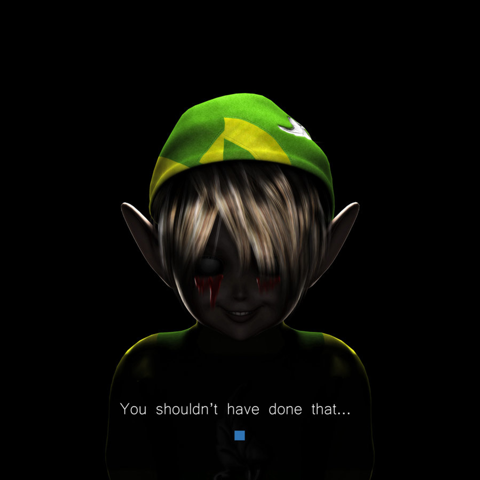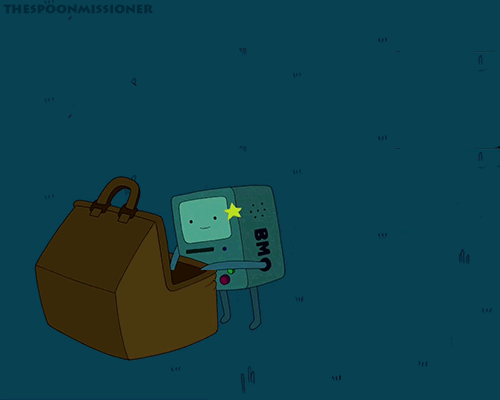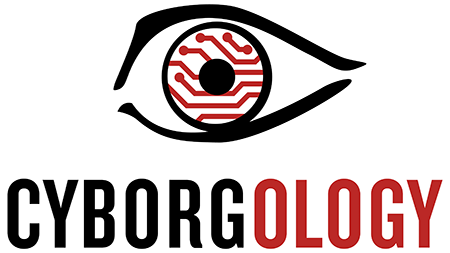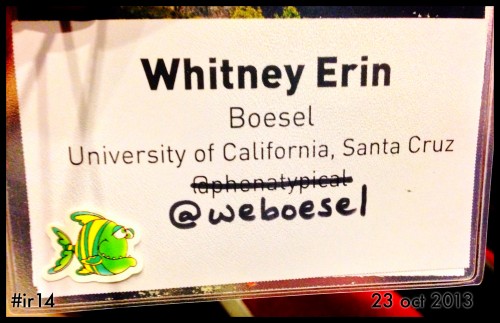There are no more media in the literal sense of the word (I’m speaking particularly of electronic mass media) – that is, of a mediating power between one reality and another, between one state of the real and another. Neither in content, nor in form. Strictly, this is what implosion signifies. The absorption of one pole into another, the short-circuiting between poles of every differential system of meaning, the erasure of distinct terms and oppositions, including that of the medium and of the real… Circularity of all media effects. Hence the impossibility of meaning in the literal sense of a unilateral vector that goes from one pole to another. One must envisage this critical but original situation at its very limit: it is the only one left us… the medium and the real are now in a single nebula whose truth is indecipherable.
Jean Baudrillard, Simulacra and Simulation
Halloween is said to be a secularized celebration of the traditional Christian holiday, All Hallows Eve (itself appropriated from pagan ceremonies to remember the dead). This, of course, is false. Symbols of death and of our connection to what lies beyond (e.g., pumpkins, jack-o-lanterns, ghosts, witches, etc.) do little more than provide a textured backdrop to masses of fantasy heroes/heroines, sexy [fill-in-the-blank], cross-dressers, and, increasingly, it seems, racial/cultural appropriators. During Halloween, we do not celebrate our traditions; we cannibalize them. And, that is what makes Halloween unique. Halloween is a celebration of the present–a reveling in the zeitgeist of our time. Halloween is the quintessence of our post-Modern cultural logic. more...









